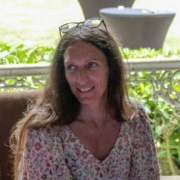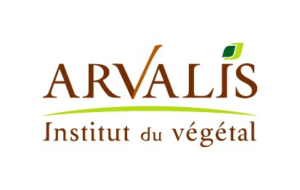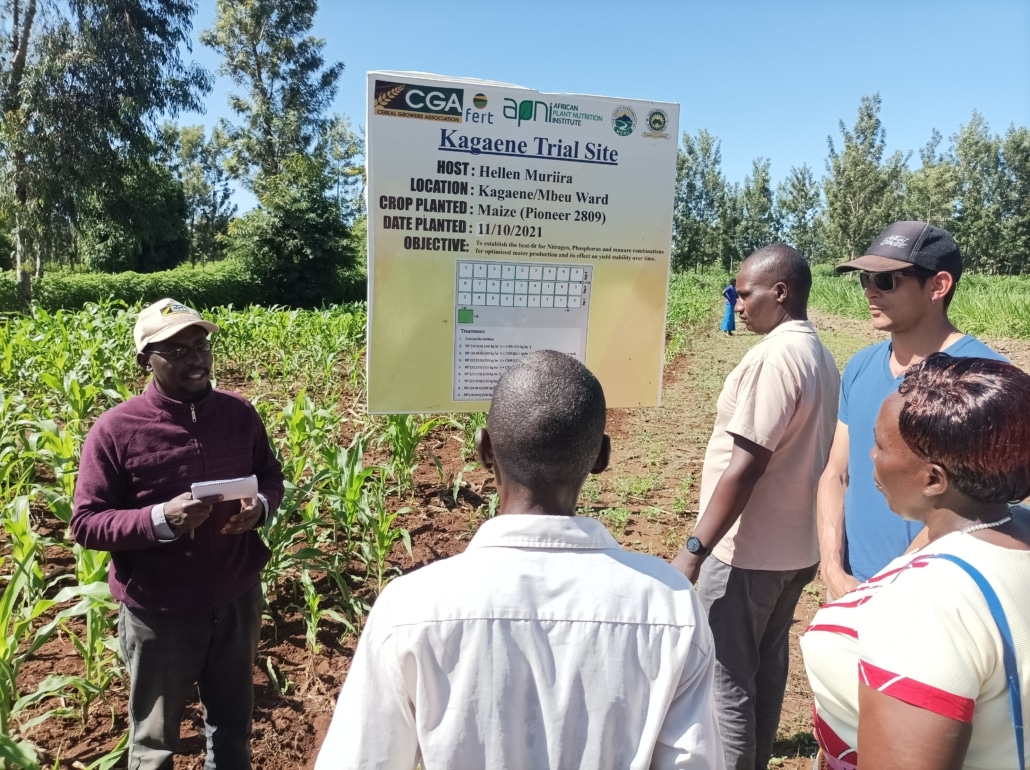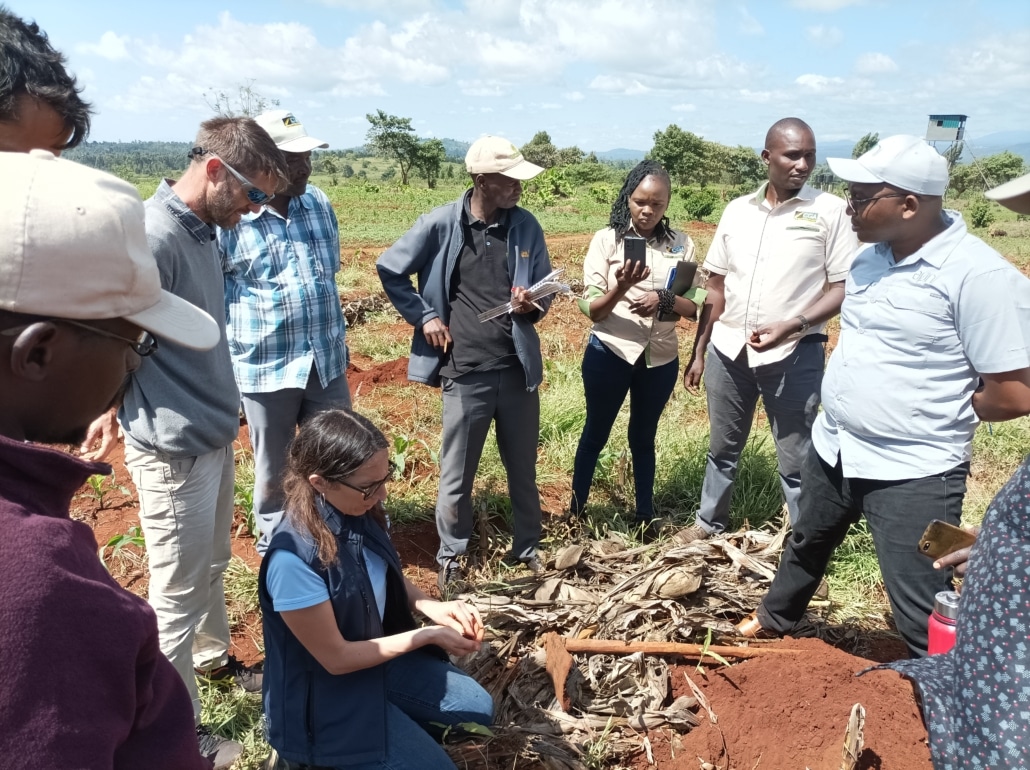Since 2014 Fert has supported CGA in the implementation of its new service strategy in 5 counties in southwestern Kenya: Narok, Nakuru, Laikipia, Uasin Gishu and Meru. To improve the farm advisory service, an agronomist has been recruited and 4 experimental schemes have been set up in 2021. It is in this context that Fert, an agri-agency linked to French cereal organisations, called on Arvalis Institut du Végétal, a technical institute for applied research financed and led in particular by producers of cereals, potatoes, flax fiber and fodder.
Arvalis, which has a network of more than 400 engineers and experts present on the national territory, made available to Fert and CGA, for a 10-day mission in Kenya, the Ile de France regional engineer in charge of the farm of experimentation of Boigneville (91).
The objective of this mission was to help CGA make progress on the aspects of conducting trial plots and obtaining results that are useful, usable and used by producers.
“I have a fairly generalist profile, which is an advantage for this type of mission. I have worked at Arvalis for 20 years. I had the opportunity to get to know all the crops of the institute and to develop a system approach. I use this approach to better advance our research aimed at the sustainability of field crop systems on the Boigneville experimental farm. These large-plot schemes are complementary to the micro-plot trials that we set up on the farm but also with farmers. My expertise, both in conventional and organic agriculture, is relevant and necessary for such a mission in Africa.”
Delphine Bouttet has also the opportunity to observe the way technicians advise farmers.

“The first time we found ourselves on a farm where CGA techs were pushing various tips, we saw the limitations of the 1 problem = 1 solution approach. In my opinion, this approach, unfortunately often used in Kenya and still in France, does not provide adequate answers to the problems of farmers. It is better to favor the “system” or “combinatorial” approach in which the technician provides the farmer with a toolbox that he can use himself and thus make his decisions according to his objectives and constraints. This more educational approach involves a relationship of equals between the technician and the farmer and requires the technician to listen attentively, which he transforms into a problem to provide an inventory of the knowledge available in order to be able to discuss solutions in co-responsibility with the farmer. It should not be forgotten that only the farmer has the ability to choose the right combination of solutions. We are there to advise him and test combinations, but the farmer must remain in control of his choices. If he understands and believes in what he is learning, application and adaptation to his farm conditions will be all the better.”
In Kenya, Delphine Bouttet visited with Fert and with CGA technicians and leaders the various test plots but also farms of various sizes. A final restitution made it possible to discuss knowledges learned and validate with the leaders a short-term action plan to improve the impact of the test plots.
“In particular, I was able to see that soil acidity is a problem that is largely underestimated. The notion of pH and the consequences of soil acidity on crops are often not mastered by farmers. Few measurements are taken. I wanted to show Kenyan farmers that apart from technology and laboratories, we ourselves can be a very powerful tool for soil study. With the help of a shovel, our five senses and appropriate knowledge, we can already have a good idea of the quality of the soil by making a soil profile. It was very rewarding to share this with them.”
The relevance of this approach, shared by Arvalis and Fert, is universal. It requires “generalist” technician profiles, capable of analyzing things systemically and then seeking more specific information and knowledge. Delphine Bouttet was able to advise the CGA technicians on their approach and their pedagogy with farmers.
This mission once again showed the interest for an agri-agency like Fert, to mobilize the agricultural profession for a contribution of expertise and exchanges between peers. Support will continue remotely and through other missions.
For Arvalis, these exchanges are also a new source of inspiration for the technical solutions to be studied in a context of climate change that is increasingly impacting all farmers.









